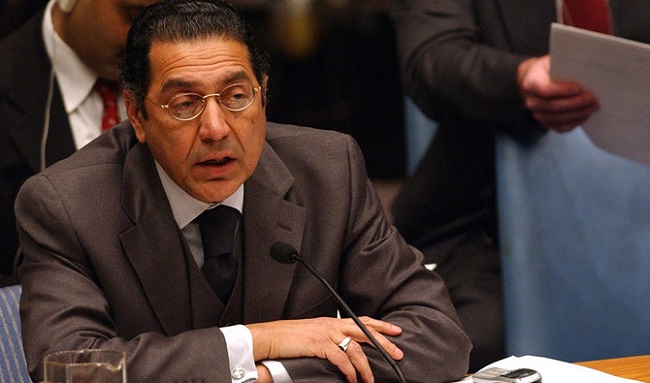To date, 41 countries have expressed an interest in presenting a voluntary national review of Sustainable Development Goals (SDG) progress to the UN High-level Political Forum on Sustainable Development (HLPF) in July 2021.

During the last three weeks, the following countries have indicated their intention to present a Voluntary National Review (VNR):
- Antigua and Barbuda, Djibouti, Nicaragua, and San Marino, for their first VNRs;
- Cabo Verde, Cyprus, Dominican Republic, Japan, Namibia, and Tunisia, for their second VNRs; and
- Colombia, for its third VNR.
The following 30 countries had already expressed an interest as of September 30, 2020:
- First-time presenters: Angola, Bolivia, Democratic People’s Republic of Korea, Marshall Islands, and Myanmar;
- Second-time presenters: Bahamas, Bhutan, Chad, China, Czech Republic, Denmark, Germany, Iraq, Lao People’s Democratic Republic, Madagascar, Malaysia, Norway, Pakistan, Paraguay, Slovakia, Spain, Sweden, Thailand, and Zimbabwe; and
- Third-time presenters: Azerbaijan, Guatemala, Mexico, Qatar, Sierra Leone, and Uruguay.
The President of the UN Economic and Social Council (ECOSOC), Munir Akram, has indicated that no more than 42 countries will be able to present VNRs during HLPF 2021, due to time constraints.
An informal “group of friends” made up of UN Member States, established in 2019, will support the countries presenting VNRs in 2021. The group is coordinated by the delegation of Mexico to the UN.
The 2021 session of the HLPF will convene from July 6 to 15 under the auspices of ECOSOC. It will focus on the theme, “Sustainable and resilient recovery from the COVID-19 pandemic, that promotes the economic, social, and environmental dimensions of sustainable development: Building an inclusive and effective path for the achievement of the 2030 Agenda in the context of the decade of action and delivery for sustainable development”.
The HLPF 2021 will review nine SDGs in depth: Goal 1 (No poverty), Goal 2 (Zero hunger), Goal 3 (Good health and wellbeing), Goal 8 (Decent work and economic growth), Goal 10 (Reduced inequalities), Goal 12 (Responsible consumption and production), Goal 13 (Climate action), Goal 16 (Peace, justice, and strong institutions), and Goal 17 (Partnership for the Goals).
The reviews will include targets with a 2020 timeline.
One outcome of the HLPF is expected to be a ministerial declaration adopted at the end of the ministerial segment. At the 2020 HLPF, governments did not reach agreement on the ministerial declaration. UN Member States had attempted to remotely negotiate the ministerial declaration leading up to the HLPF, which was held virtually due to the COVID-19 pandemic, but were unable to finalise negotiations.
The Earth Negotiations Bulletin reported that if the meeting had taken place in person, governments could have voted on the draft, but “in the absence of online voting procedures, the adoption of the declaration had to be deferred.” Negotiations between Member States resumed after the session, but no agreement was reached.
In September 2020, the Group of 77 developing countries and China (G-77/China) tabled a proposal for a meeting of the HLPF and ECOSOC on an exceptional basis to reconsider the draft, but the Council did not adopt it.
Akram indicated that he would wish to pursue consultations with interested delegations and seek advice from the UN’s Office of Legal Affairs.
Akram has explained that notwithstanding the lack of agreement on a Ministerial Declaration, in the HLPF discussions, Member States:
- Expressed their firm commitment to a multilateral response to COVID-19;
- Stressed that vulnerable countries must not be left behind in the recovery;
- Called for adequate financing, debt relief and debt waivers to be provided, particularly for low- and middle-income countries; and
- Acknowledged that, once developed, a COVID-19 vaccine should be available to everyone and everywhere, rich or poor, at affordable prices.
He said governments expressed that the means of implementation for the SDGs must be strengthened to meet both the scale and ambition of the 2030 Agenda, and the need for a speedy recovery from the COVID-19 pandemic. He cited, in particular, financing, sustainable infrastructure and investment, international trade, science and technology, capacity building and partnerships.
